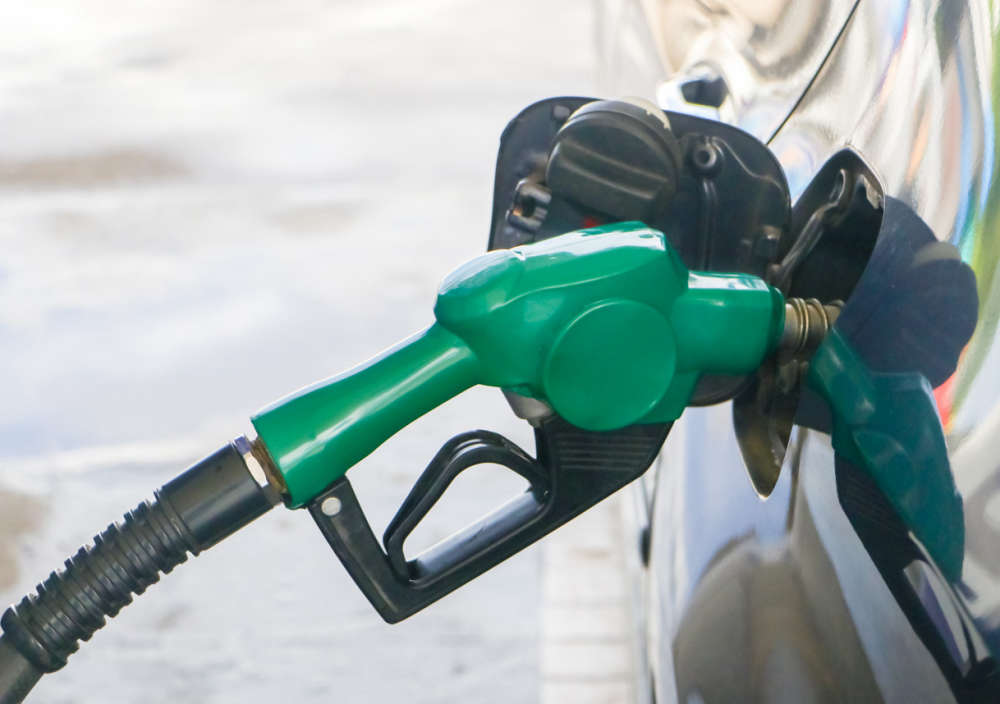
The price of filling up your car has hit a new record high of 142.94p after more than nine and a half years.
In April 2012, petrol prices reached an all-time peak at 142.48p a litre, but the public is now asking if it could continue to go up?
According to a report from RAC Fuel Watch, there's a chance it could continue to rise to 150p a litre, especially if oil reaches $100 a barrel.
The massive hike has meant families are now paying on average £15 more to fill up their 55-litre family car (£63 to £78.61).
The price rise is mainly down to the price of oil doubling from around $40 a barrel a year ago to $85 now, but some say it could continue to rise to $90.
The other factor is the greener E10 unleaded petrol, of which the ethanol content has doubled from 5% to 10%. Ethanol is more expensive than petrol and has therefore added a penny a litre onto petrol at the forecourt.
Retailers are also trying to balance their books after prices plummeted during the first lockdown. Since April 2020, retailers have increased their margins on a litre by 2pm, from around 5.5p to 7.5p a litre.
RAC fuel spokesman Simon Williams said:
“This is truly a dark day for drivers, and one which we hoped we wouldn’t see again after the high prices of April 2012. This will hurt many household budgets and no doubt have knock-on implications for the wider economy.
“The big question now is: where will it stop and what price will petrol hit? If oil gets to $100 a barrel, we could very easily see the average price climb to 150p a litre.
“Even though many people aren’t driving as much as they have in the past due to the pandemic, drivers tell us they are just as reliant on their cars, and many simply don’t have a choice but to drive. Those on lower incomes who have to drive to work will seriously struggle to find the extra money for the petrol they so badly need.
“We urge the Government to help ease the burden at the pumps by temporarily reducing VAT and for the biggest retailers to bring the amount they make on every litre of petrol back down to the level it was prior to the pandemic.”
Information provided by the RAC.


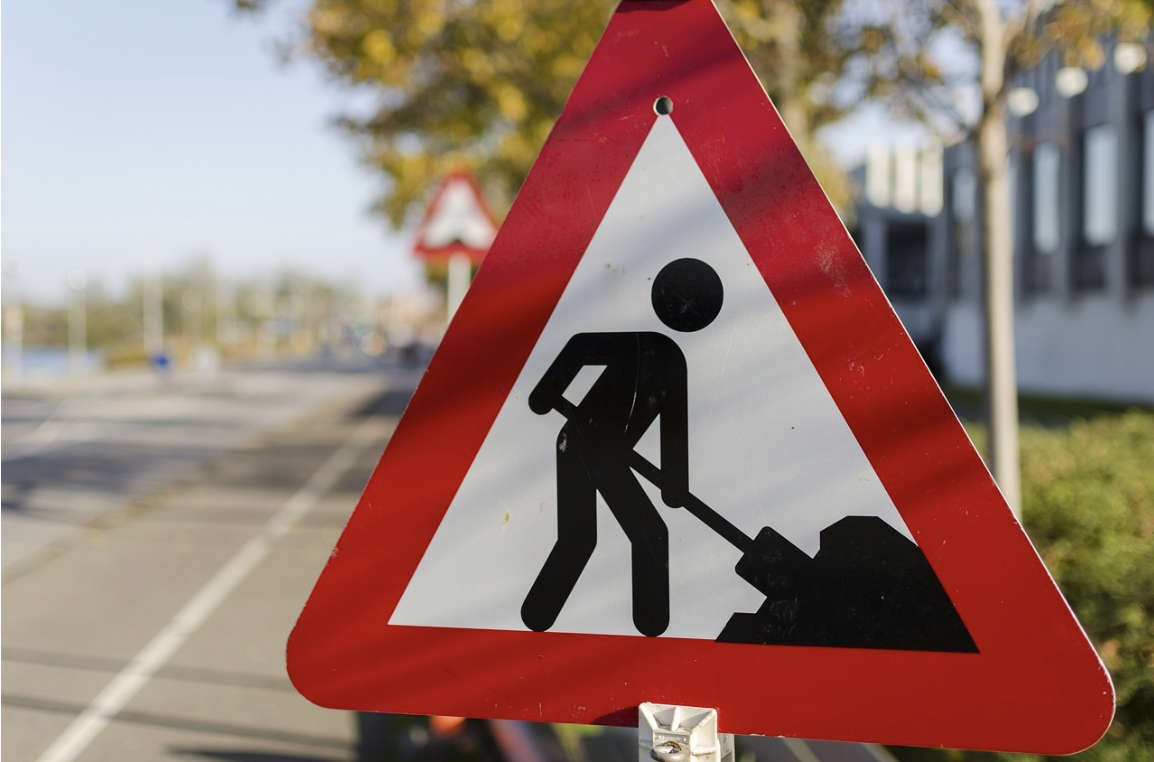 Overnight Closures For A22 Forest Row Road Improvements
Overnight Closures For A22 Forest Row Road Improvements
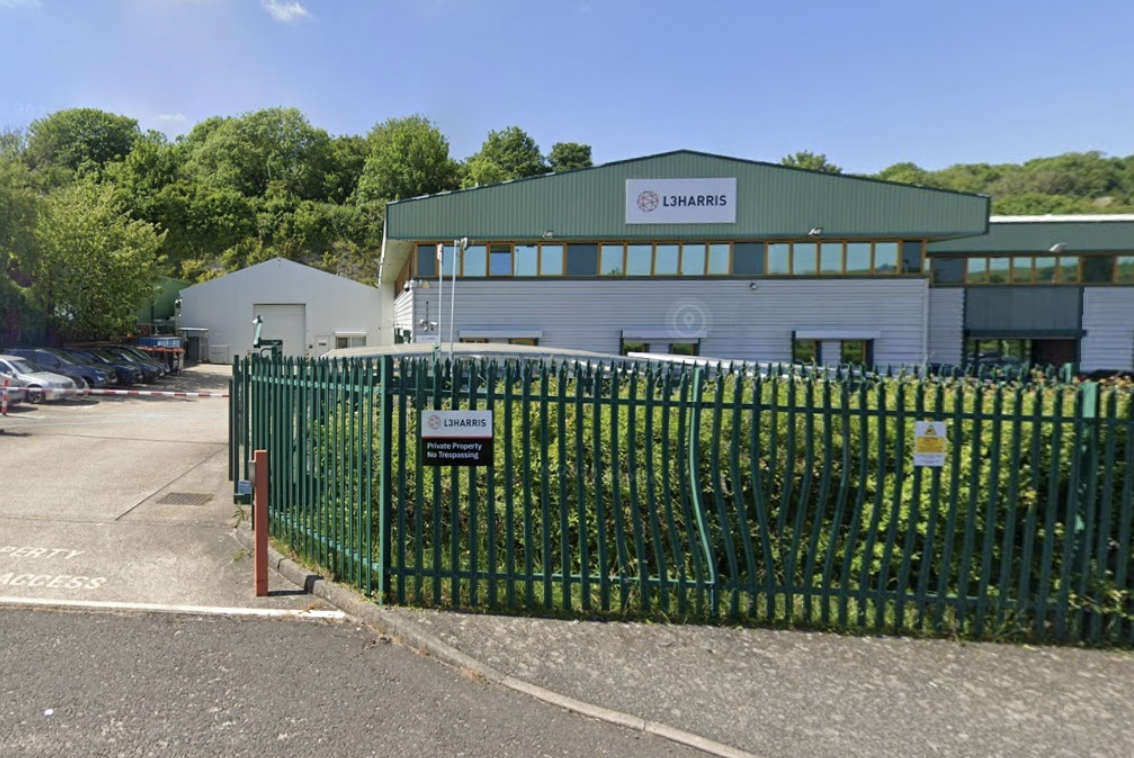 Brighton Defence Manufacturer's Controversial Planning Application Likely To Be Heard
Brighton Defence Manufacturer's Controversial Planning Application Likely To Be Heard
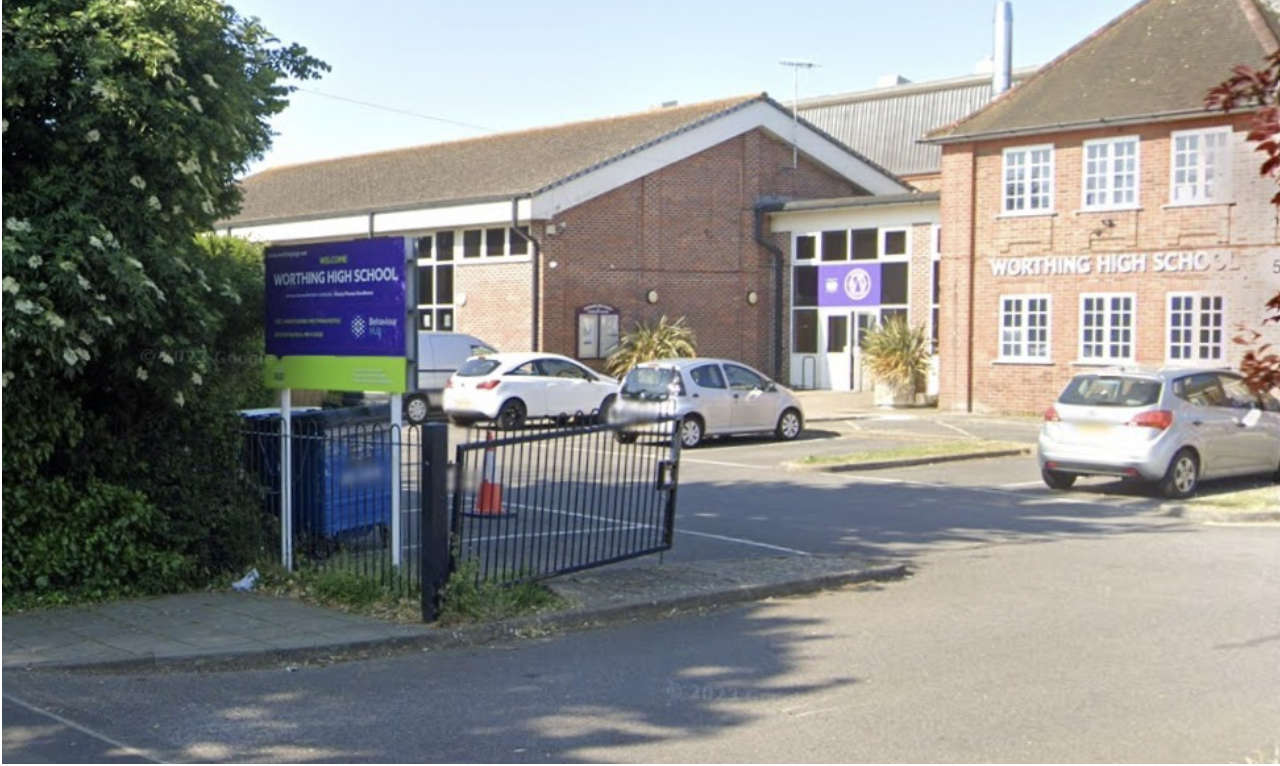 Over £2.4m Approved For Worthing School Support Centre
Over £2.4m Approved For Worthing School Support Centre
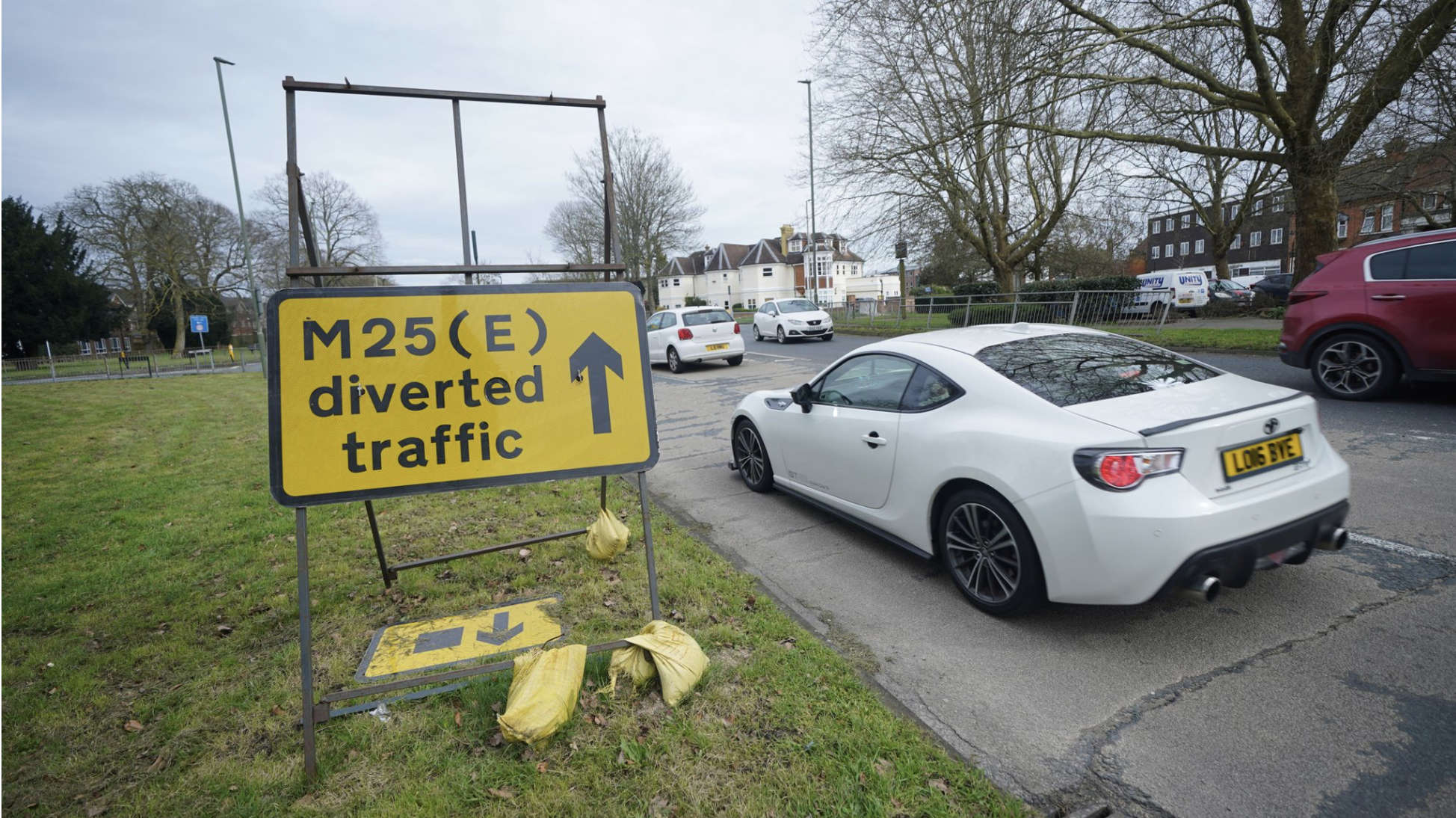 Section Of M25 To Close Again Tonight - As Drivers Warned Not To Get Complacent
Section Of M25 To Close Again Tonight - As Drivers Warned Not To Get Complacent
 Plans For 800 New Horsham Homes Refused
Plans For 800 New Horsham Homes Refused
 Over 200 Co-Living Flats Approved For Brighton
Over 200 Co-Living Flats Approved For Brighton
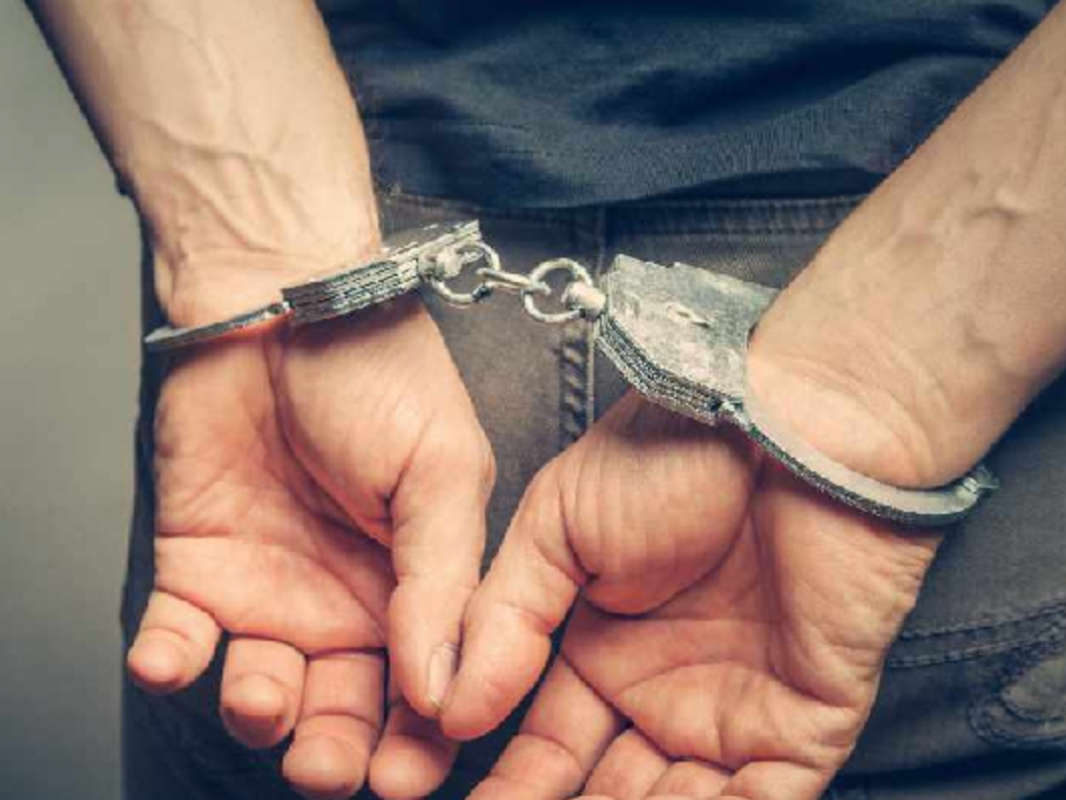 Teenager In Custody On Crawley Attempted Murder Charge
Teenager In Custody On Crawley Attempted Murder Charge
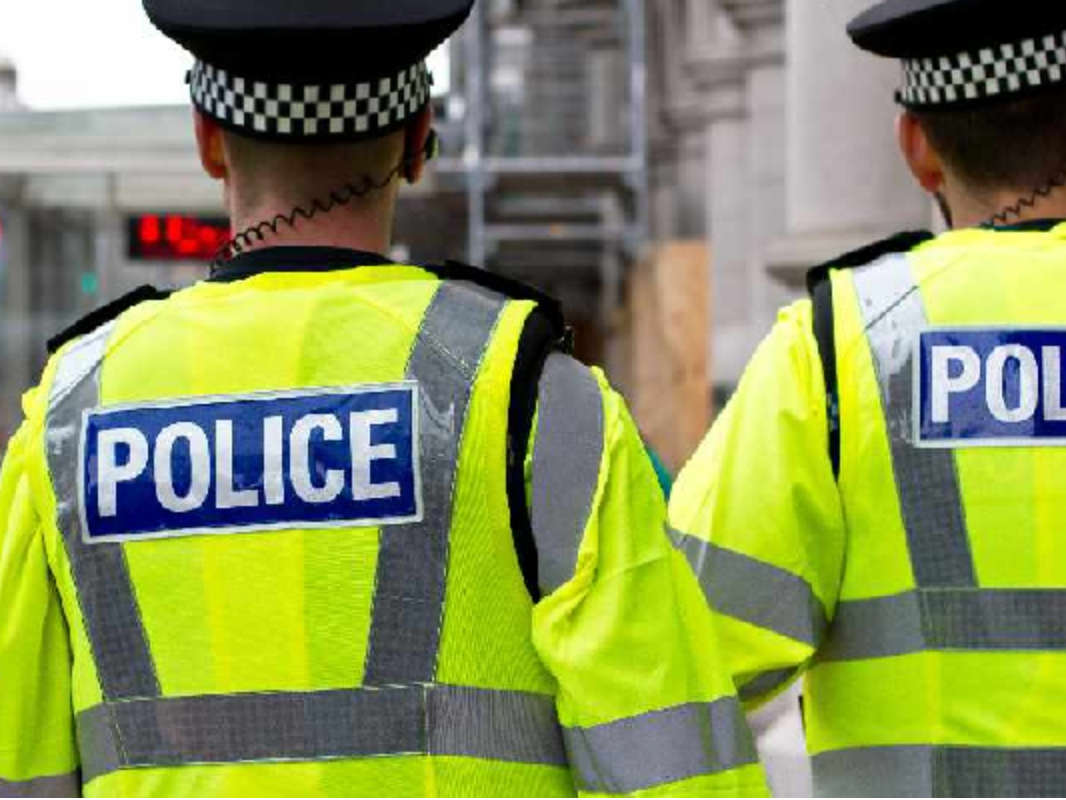 Appeal Following Assault In Hastings
Appeal Following Assault In Hastings
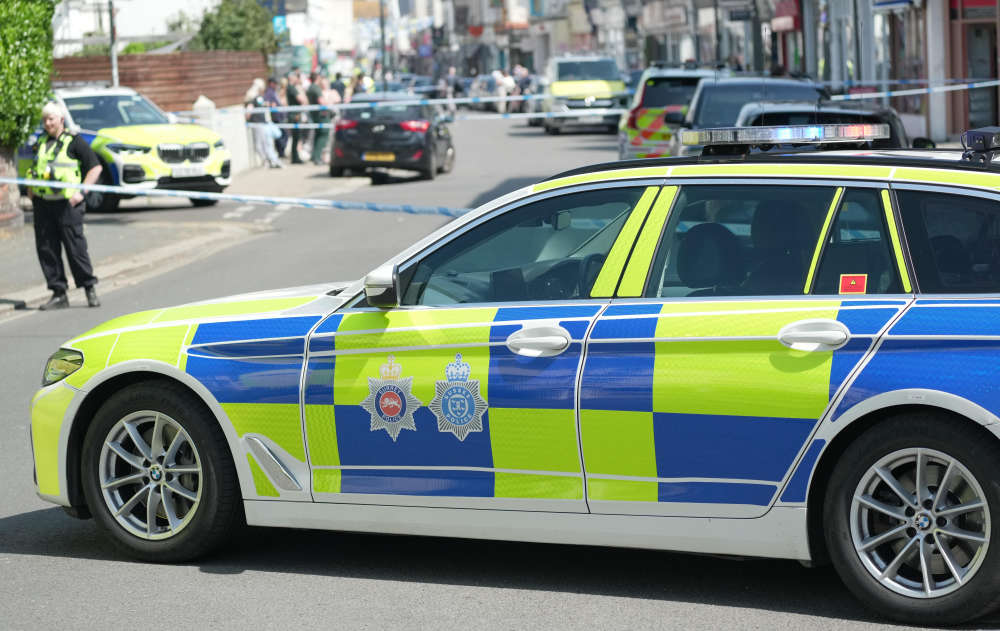 Road Closed As Armed Police Attend Incident In Worthing
Road Closed As Armed Police Attend Incident In Worthing
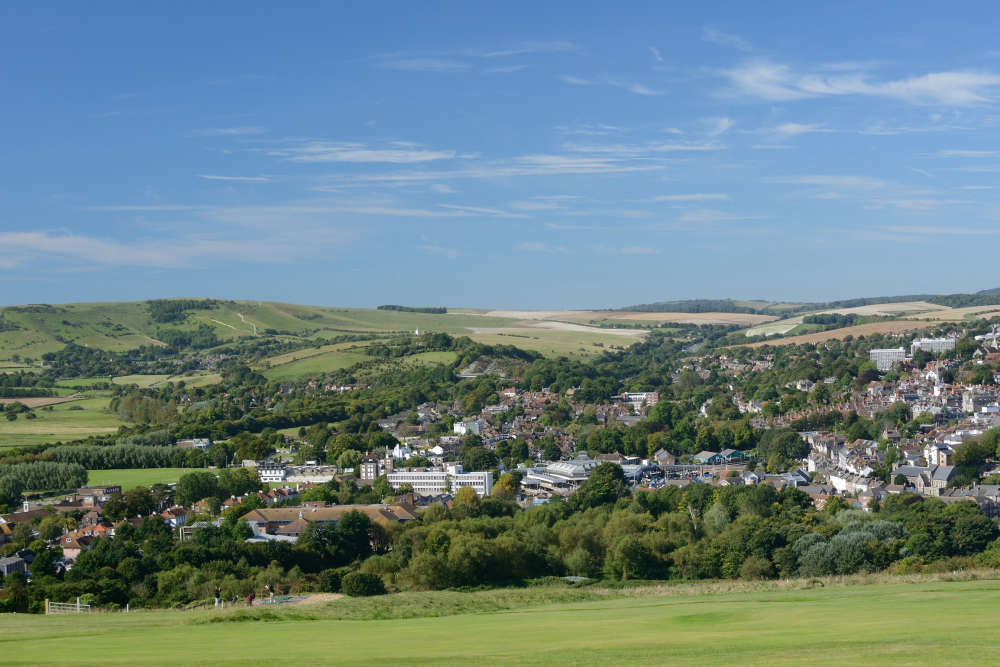 Lewes District Council Placed In Planning Special Measures
Lewes District Council Placed In Planning Special Measures